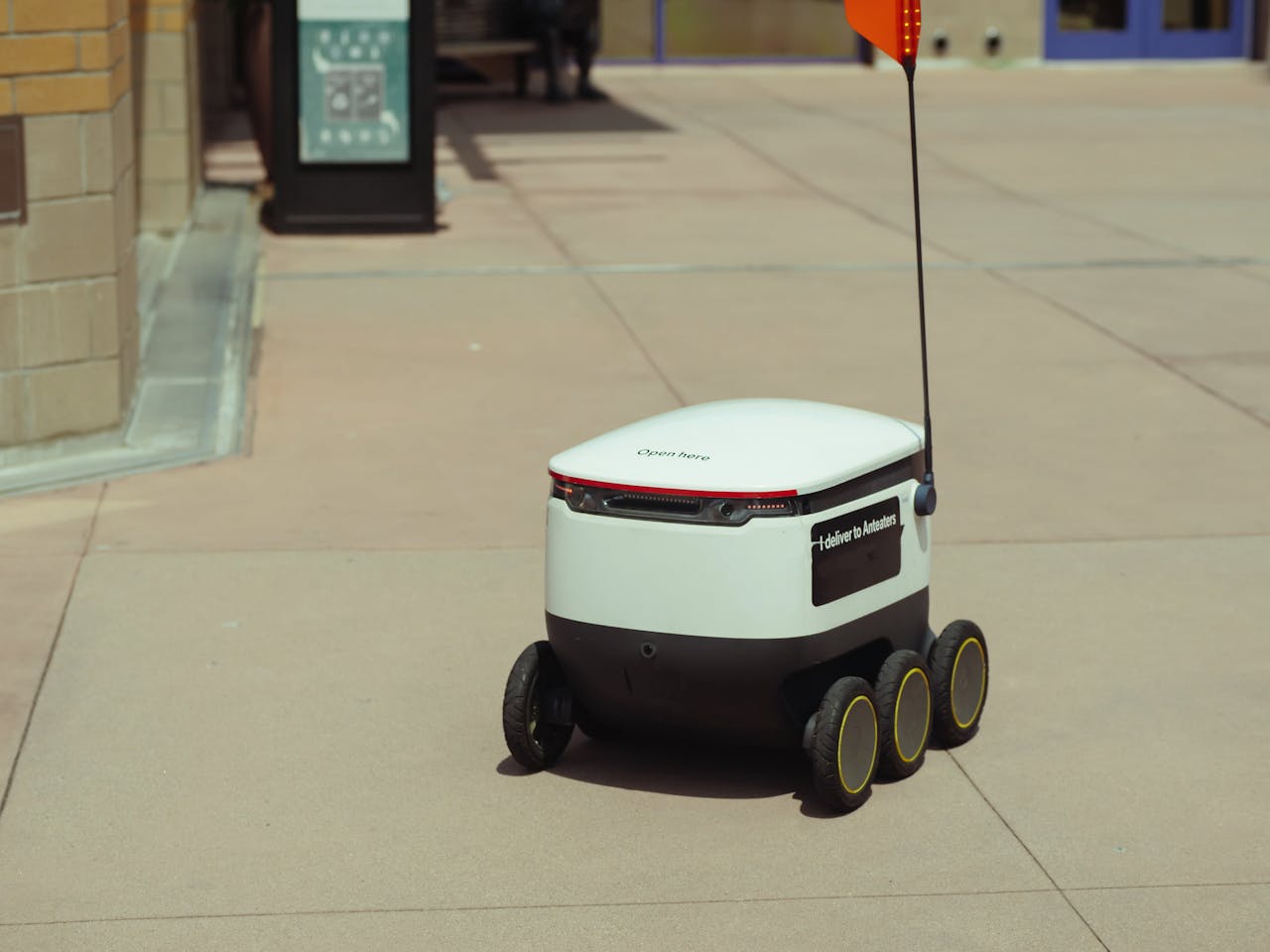Optimizing AI Systems with Cutting-Edge Techniques
Artificial intelligence continues to evolve with advancements in machine learning, neural networks, and data-driven automation. Understanding these techniques helps maximize AI efficiency, adaptability, and real-world applications.
Enhance AI model performance by implementing deep learning frameworks, improving pattern recognition, and refining natural language processing capabilities for more accurate analysis and predictions.
Leverage reinforcement learning methods to enable AI systems to learn from trial and error, improving autonomous decision-making processes across industries such as robotics, finance, and healthcare.
Optimize data preprocessing techniques, ensuring high-quality datasets for AI training while reducing noise and inconsistencies, leading to stronger predictive analytics and reliable AI insights.
Stay ahead in AI innovation by integrating scalable cloud-based AI solutions, improving computational efficiency, and utilizing AI-driven automation to streamline complex workflows.


